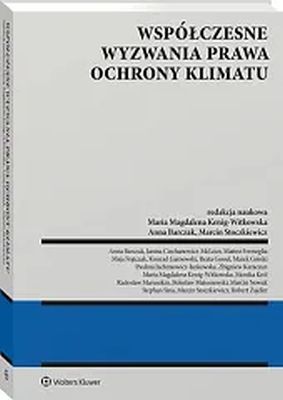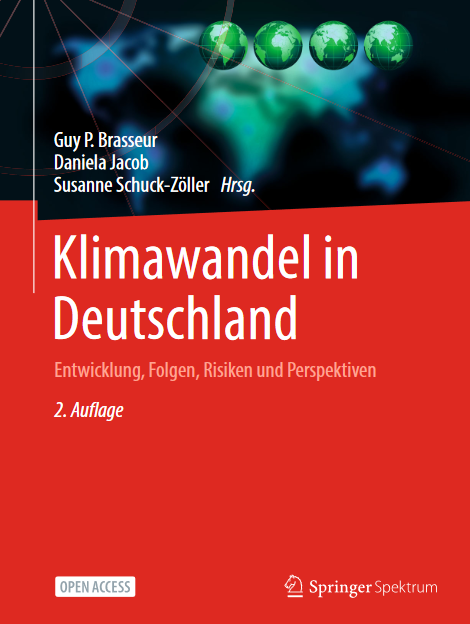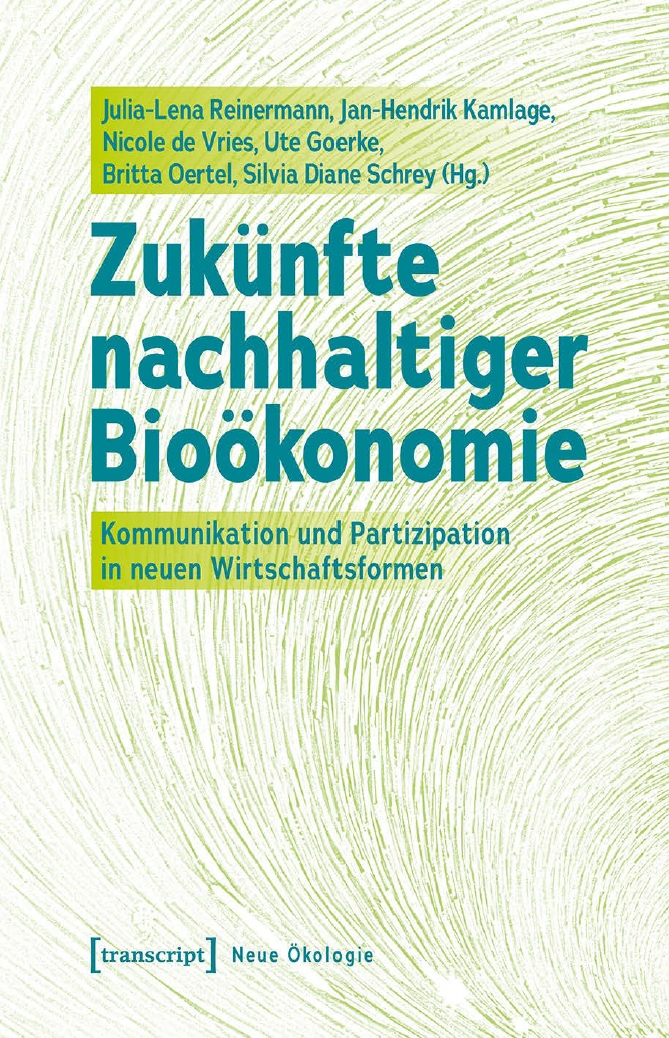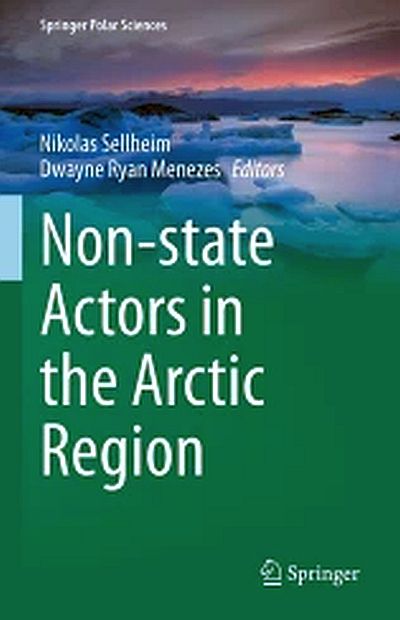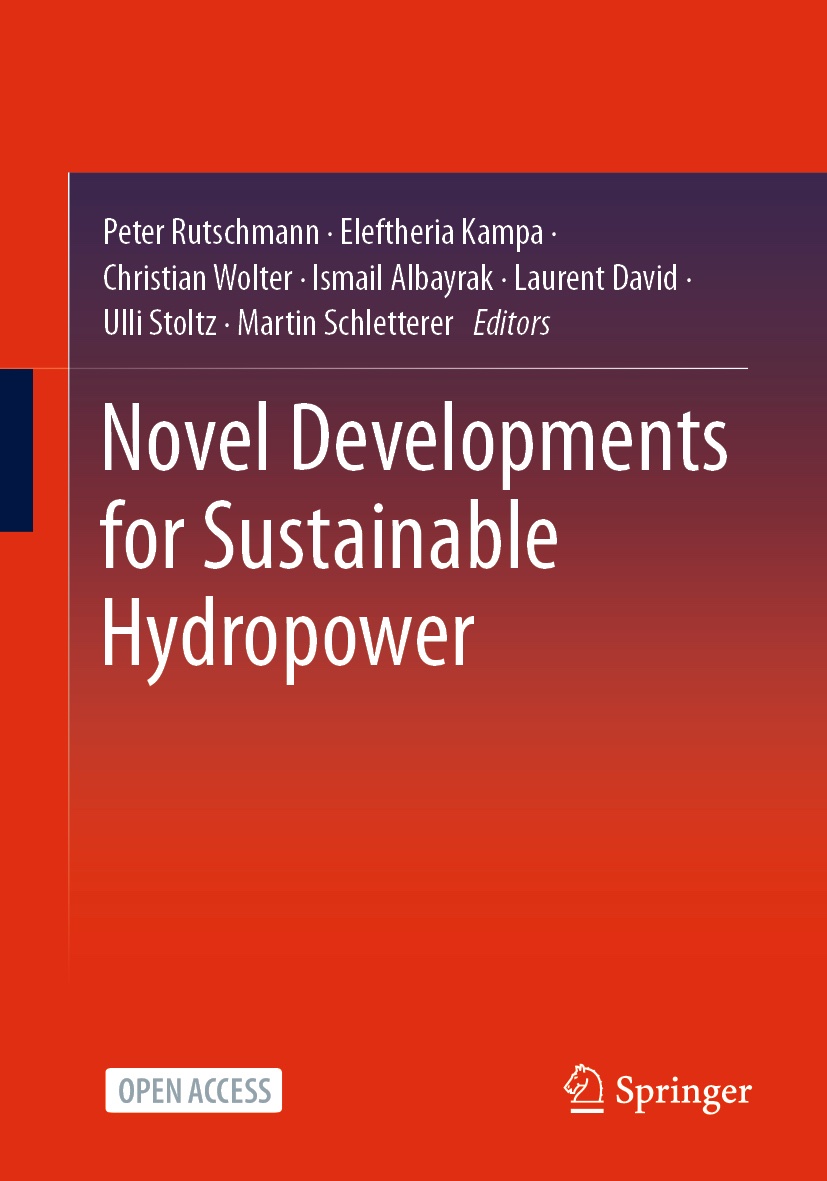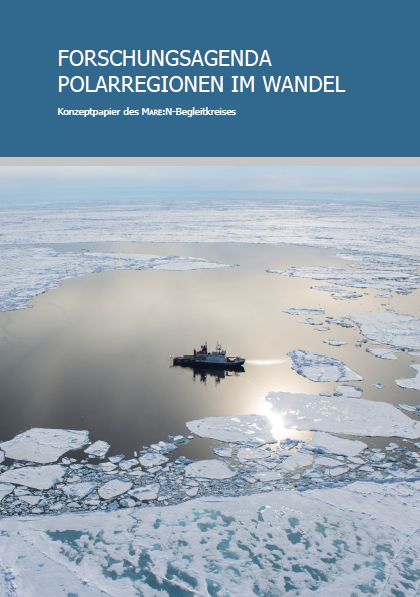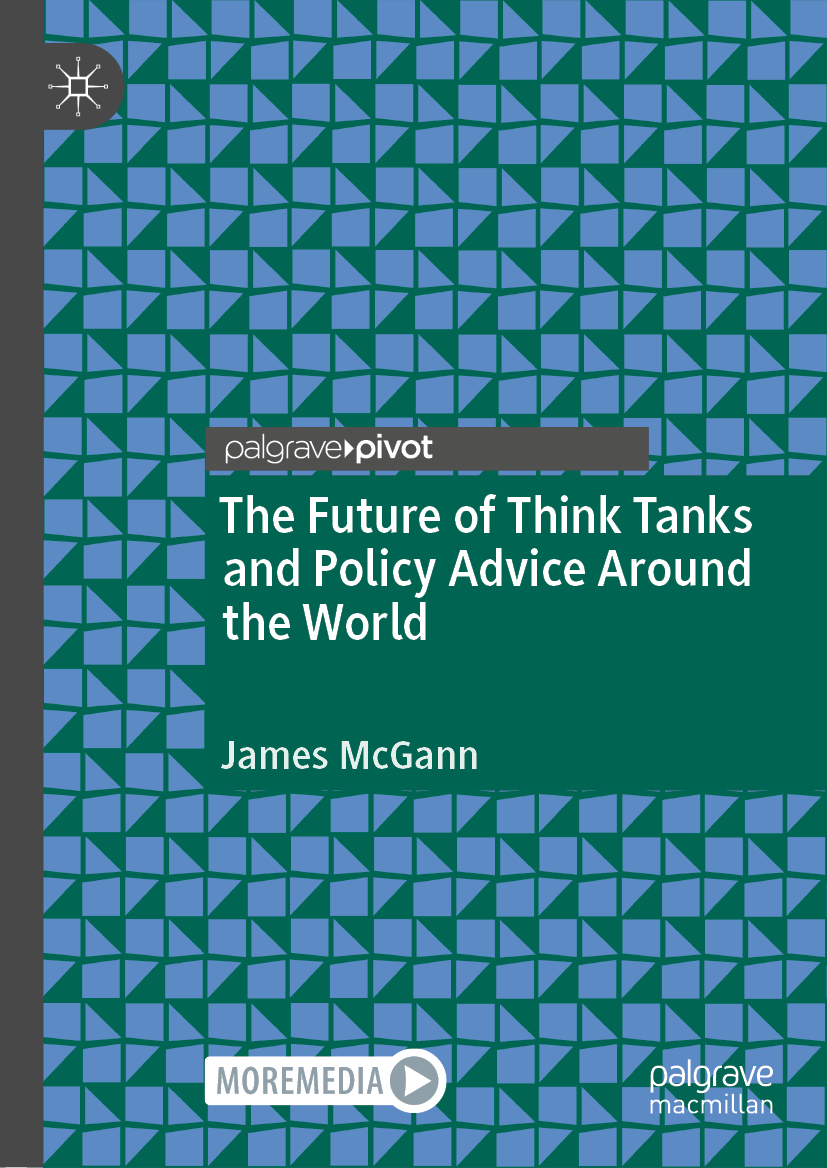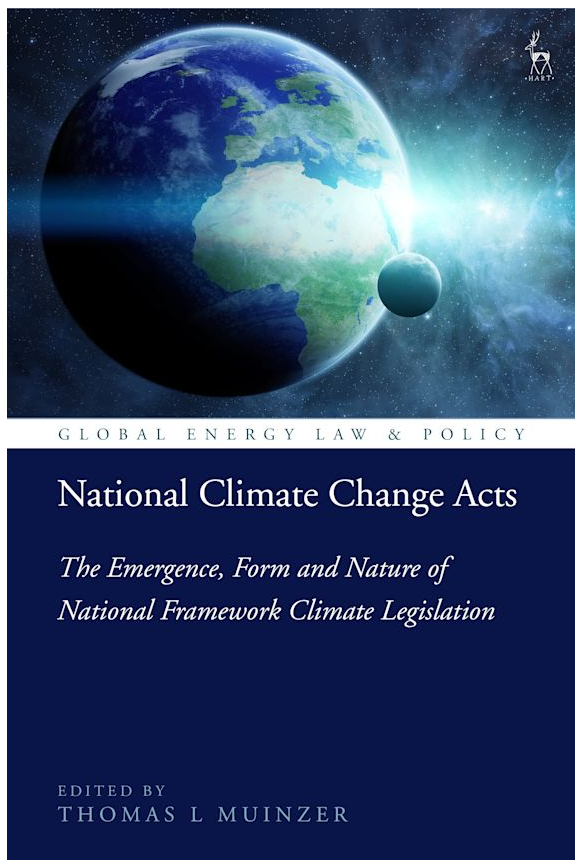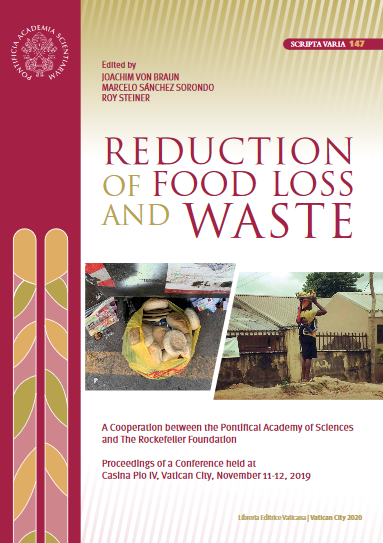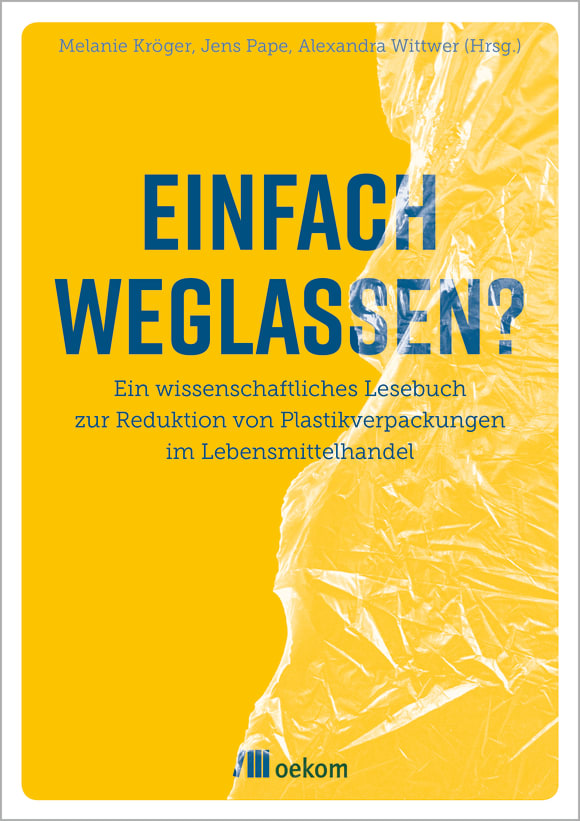Publication:Book Section
Publication:Book Section
Climate Change and Criminal Justice
Chapter in A Research Agenda for Environmental Crime and the Law
Year
Read morePublication:Book Section
Publication:Book Section
Publication:Book Section
Publication:Book Section
Publication:Book Section
Publication:Book Section
Publication:Book Section
Publication:Book Section
Publication:Book Section
Publication:Book Section
'Paris Compatible' Climate Change Acts?
National Framework Legislation in an International World
Year
Read morePublication:Book Section
Publication:Book Section
Umweltproblem Plastikverpackung
Aufkommen in Deutschland und Auswirkungen auf die Umwelt
Year
Read morePublication:Book Section

